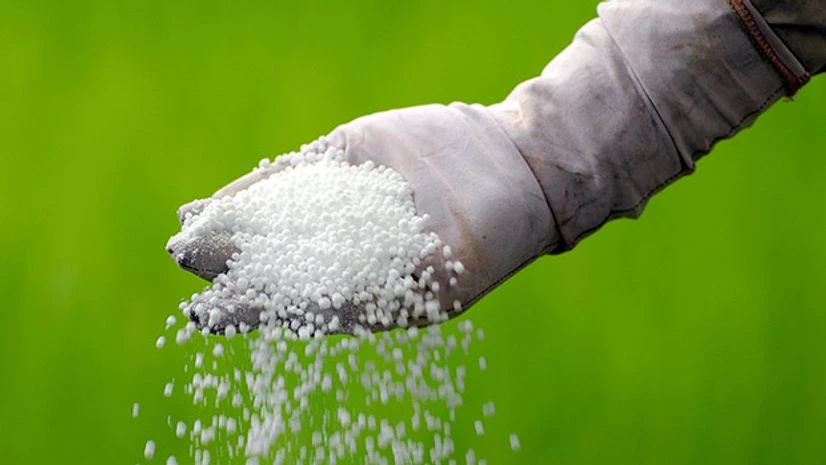Taking advantage of the tailwinds supporting the agriculture sector, Tata Chemicals on Wednesday announced it is selling its fertiliser unit. In a $400 million (about Rs 2,670 crore) deal, the company has agreed to transfer the business of sale and distribution of Urea and customised fertilisers. The products are manufactured by the company at its plant located in Babrala, Uttar Pradesh and the transfer will be way of a slump sale by Tata Chemicals to Yara Fertilisers India Pvt Ltd. The acquirer Yara Fertilisers is the Indian arm of Norway’s Yara International ASA.
Markets have reacted positively to the news with Tata Chemicals trading near8.77% higher at Rs 503.60. For Tata Chemicals the cash inflow of Rs 2,670 crore is viewed positively as the deal was done at slightly over double the revenue from the unit. Yara International in its website has said that the unit was generating revenue of $350 million and an EBITDA of $35 million for which an amount of $400 million was paid on a debt and cash free basis. At nearly 11.5 times its operating profit, Tata Chemicals has managed to get a good deal for its unit.
But there are more reasons to rejoice for Tata Chemicals shareholders. The fertiliser division, though contributing over 20% to the topline, was adding roughly 10% to the EBIT (earnings before interest and tax) level. As a result the company’s margins were getting impacted and were in the range of 12%.
More From This Section
More importantly, Tata Chemicals will strengthen its balance sheet with the sale of the fertiliser unit which depends on the whims and fancies of the government to get their payment. ICICI Securities in a report on the company had said that outstanding fertiliser subsidy comprised of around 20% of the current net debt of the company. The sale would reduce its net debt level to less than half the current level.
Clearly selling of the fertiliser business is EPS accretive as the cash generated would help reduce interest cost and the company would no longer have to block its working capital waiting for the government to reimburse them.
But given the changing dynamics of the fertiliser business where the government will be implementing direct benefit transfer (DBT) to the farmers in lieu of subsidised fertiliser and falling gas prices that would have lowered it cost of manufacturing, is the company missing out on better days ahead. Better irrigation, infrastructure facility and soil cards could have meant more consumption for its produce. But Tata Chemicals management have preferred to move out of urea only but continue in complex fertiliser and specialised products as well as keep its brands Paras, TKS and Daksha with itself.
Indian as well as foreign players were interested in buying the unit from Tata Chemicals, underlying the point that they saw value in continuing in the business. A question that will linger in one’s mind and only time will tell is whether Tata Chemical sold the unit near the bottom of the cycle.

)
